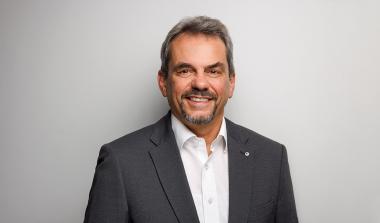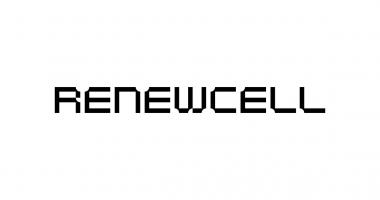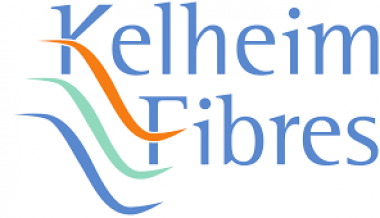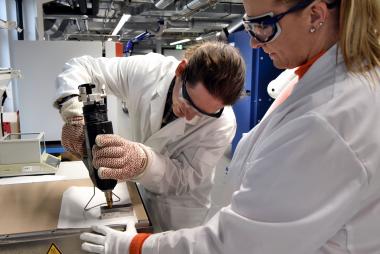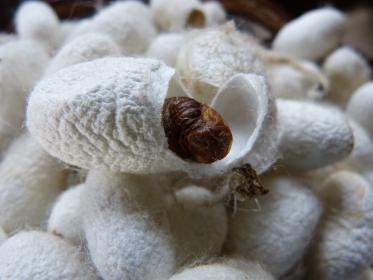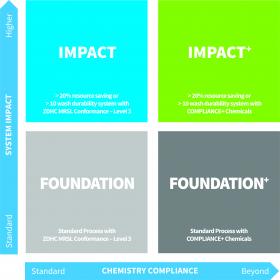Rieter: Successful financial year 2023
- Sales of CHF 1 418.6 million in the 2023 financial year
- Order intake of CHF 541.8 million in the 2023 financial year; order backlog of around CHF 650 million as of December 31, 2023
- EBIT margin of 7.2%
- “Next Level” performance program on track
- Proposed dividend of CHF 3.00 per share
- Outlook 2024 with sales of around CHF 1 billion
The Rieter Group closed the 2023 financial year with slightly lower sales of CHF 1 418.6 million (2022: CHF 1 510.9 million), down 6% on the previous year. In line with expectations, the order intake of CHF 541.8 million was considerably below the prior year period (2022: CHF 1 157.3 million). In a challenging business environment, Rieter generated an EBIT margin of 7.2%. Implementation of the “Next Level” performance program to increase profitability is proceeding according to plan.
Outlook 2024
Markets remain under pressure from the economic slowdown, high inflation rates and noticeably dampened consumer sentiment. Customers are reluctant to place orders due to financing challenges. The first signs of a recovery in the 2024 financial year have emerged in the key markets of China and India. Rieter expects demand to increase in the coming months.
For the full year 2024, Rieter anticipates sales in the region of CHF 1 billion and a positive EBIT margin of up to 4%.
Rieter Management AG








